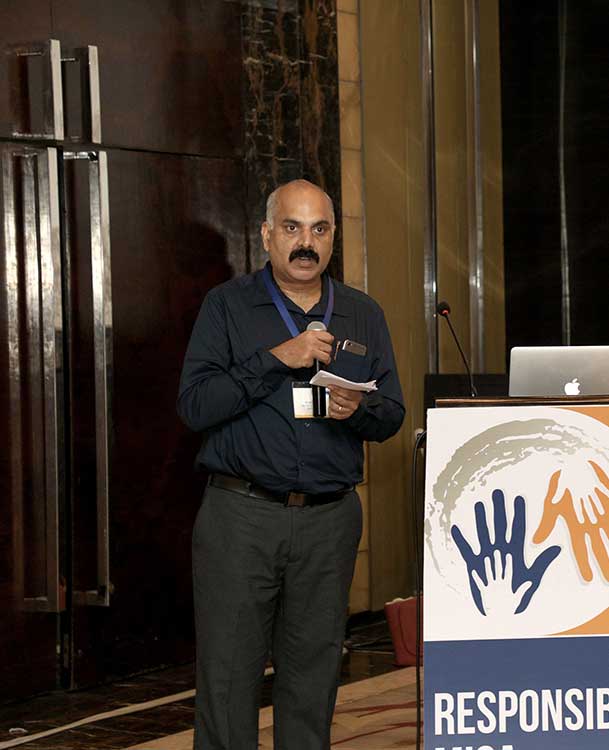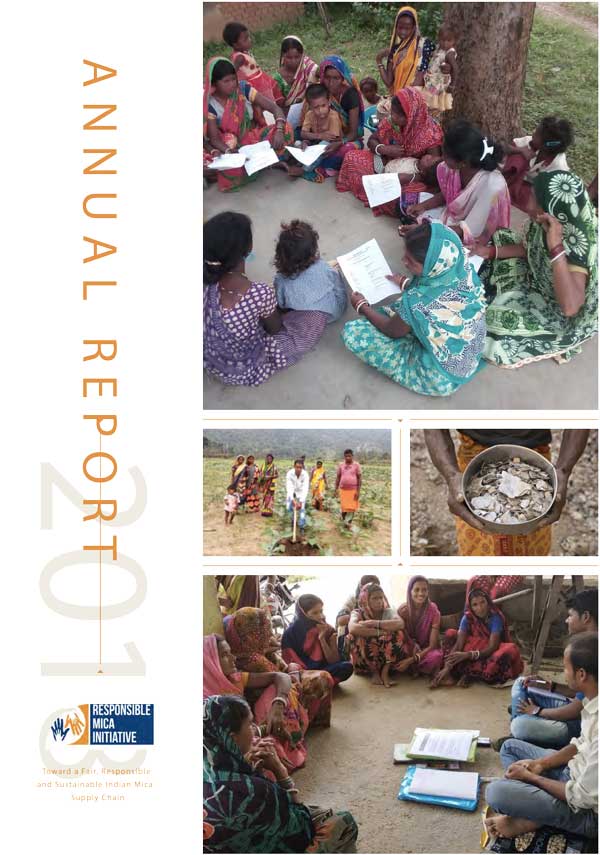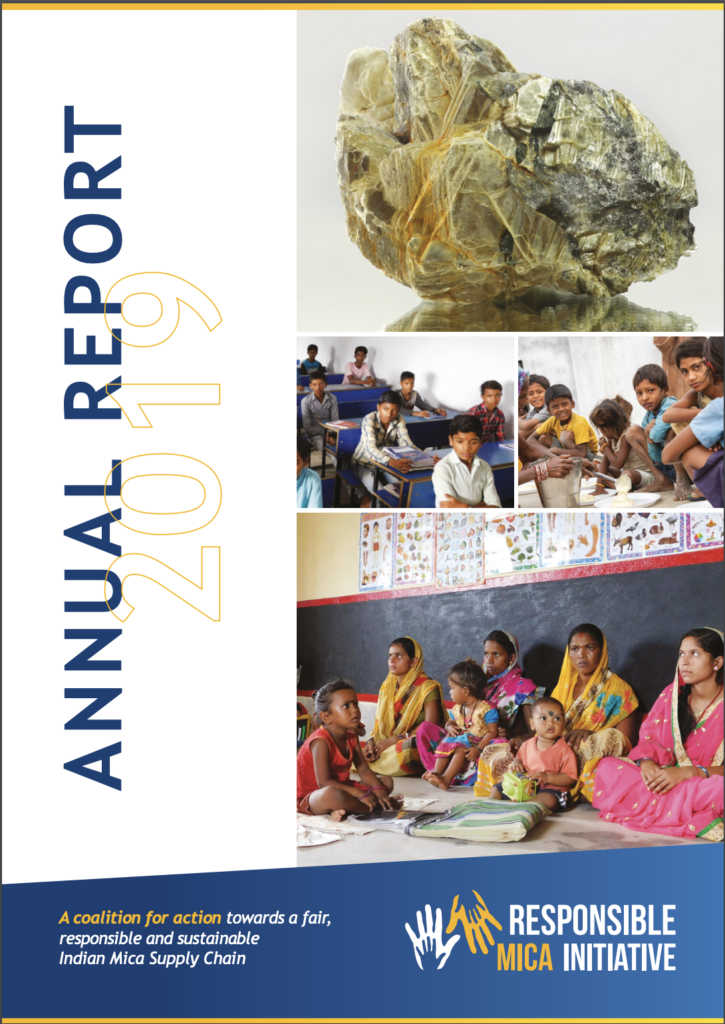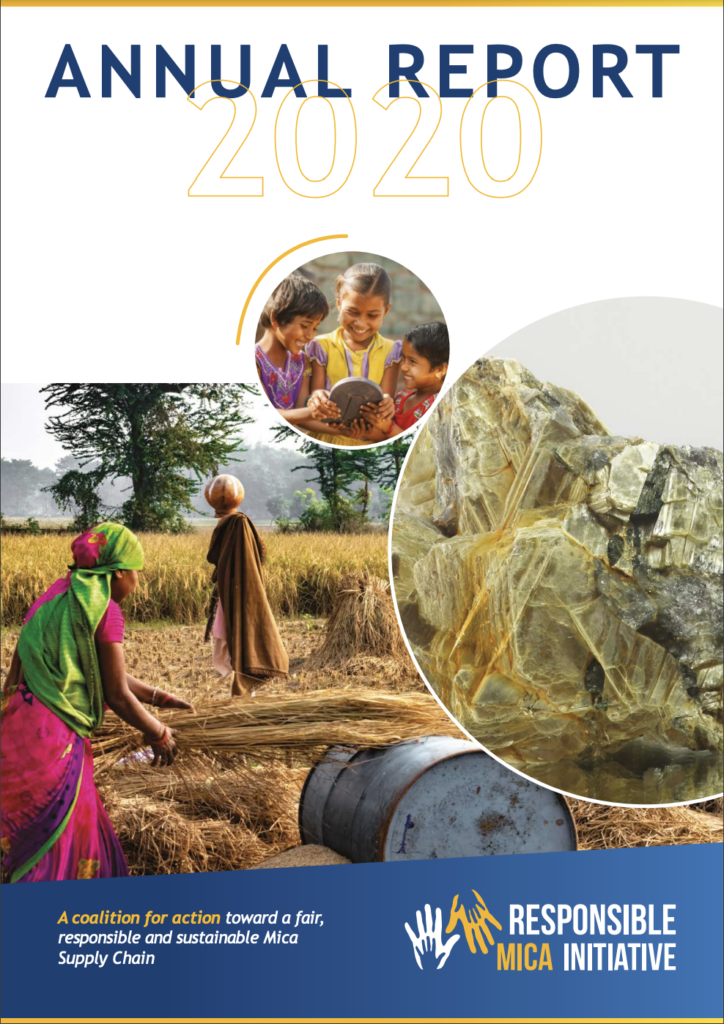In 2016 representatives largely from the cosmetics, pigment and coatings industries as well as civil society organizations, including Terre des Hommes Nederlands, convened the first Mica Summit in Delhi, India.
A few months later, Terre des Hommes Nederlands, a leading child’s rights organization, published a landmark report on child labor in India’s mica sector. The report increased awareness of labor conditions. Notably, the report called on members of the mica supply chain to remain in the region rather than withdraw, arguing that responsible companies could be part of the solution if they could find a way to secure the supply chain and address the root causes of child labor and poor working conditions.
Maintaining momentum, representatives from 20 companies and organizations met in January 2017 at what became RMI’s Constituent General Assembly to formally establish the Responsible Mica Initiative. By the end of 2021 membership had grown to more than 75 companies including mica processors in Bihar and Jharkhand.
RMI established a Board of Directors and retained an Executive Director to develop and implement strategies built on a holistic and partner-based approach to program implementation.
Engagement has been an important feature of RMI’s strategy. The RMI Executive Team and members of the Board of Directors frequently participate in national and international forums concerning supply chain responsibility, human rights and child labor. Since its inception RMI representatives have spoken at or participated in panels at many conferences and events around the world explaining RMI’s mission, highlighting its accomplishments and soliciting new members across the mica supply chain.
In 2018 and 2019, additional staff were hired in India to manage local programs implementation and represent RMI with local and global stakeholders. Community empowerment programs grew rapidly. By the end of 2018 there were programs in 40 villages benefiting 2,500 households. By mid-2019, 80 villages and more than 5,300 households began to benefit from RMI’s programs, including better schools and health care, more diverse sources of livelihood and access to government services.
In 2019 RMI also expanded its stakeholder relationships. A memorandum of understanding was signed with the Responsible Minerals Initiative (formerly the Conflict Free Sourcing Initiative) under which the two organizations will develop a common mica glossary and work on the development and implementation of a global standard for responsible mica supply chains.




